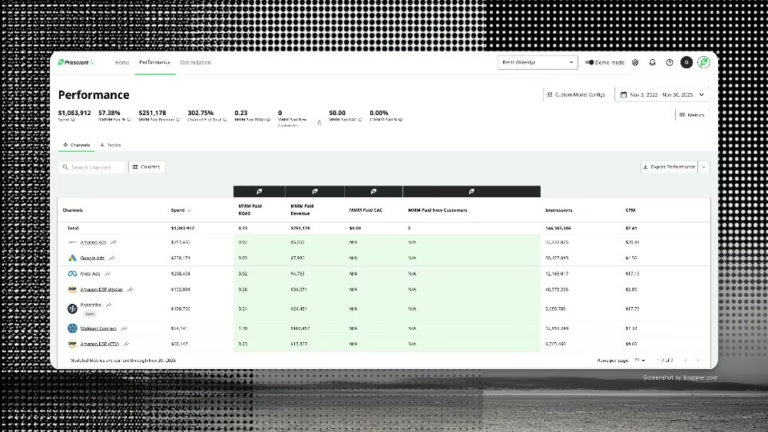With Meta’s upcoming changes to data and conversion event tracking for health and wellness brands, it’s more crucial than ever to leverage non pixel-based solutions for measurement and optimization; namely MMMs, incrementality testing, and first-party data.
According to Meta, depending on the data source category and region where ads are served, brands may have restrictions ranging from custom URL parameter limitations to fully disabling all events. Per Meta’s post on this upcoming change:
When a data source is categorized under a category with restrictions, we may limit or fully restrict the ability to share event data with us via the Meta Business Tools […] These data sharing restrictions can be specific to certain countries or regions, or they could be applied globally.
—Meta’s announcement of the tracking change
This has performance-altering implications for tracking, feedback to Meta, as well as attribution.
While there are steps to take with Meta, ensuring performance is tracked by a platform unbound by pixel conversion data will give health and wellness brands the best chance to preserve benchmarks, allocate budget with confidence, and understand the full impact of their campaigns.
Whether you’re already a client or considering using Prescient AI in 2025, it’s never too late to connect your data. We’re able to look at past performance to help optimize for the future and our lightning-fast daily data updates can pick up on trends as soon as they happen.
We’re here to help answer any questions—reach out to Mike True, Will Holtz, or Laura Nelson if you’d like to know more.

